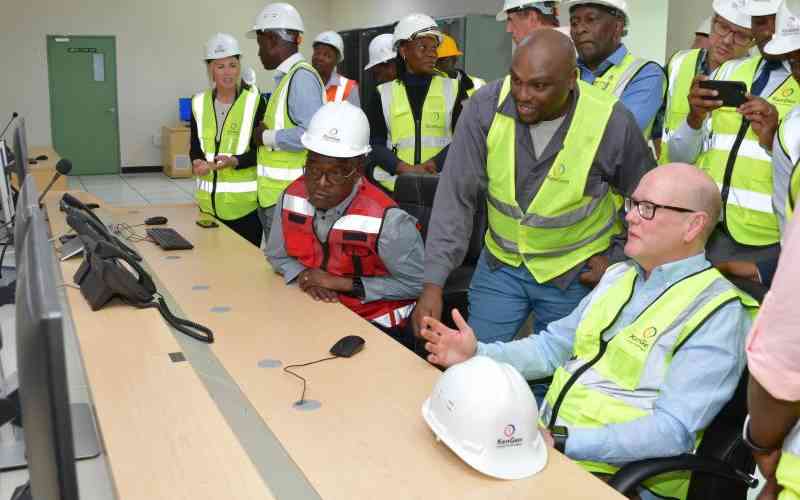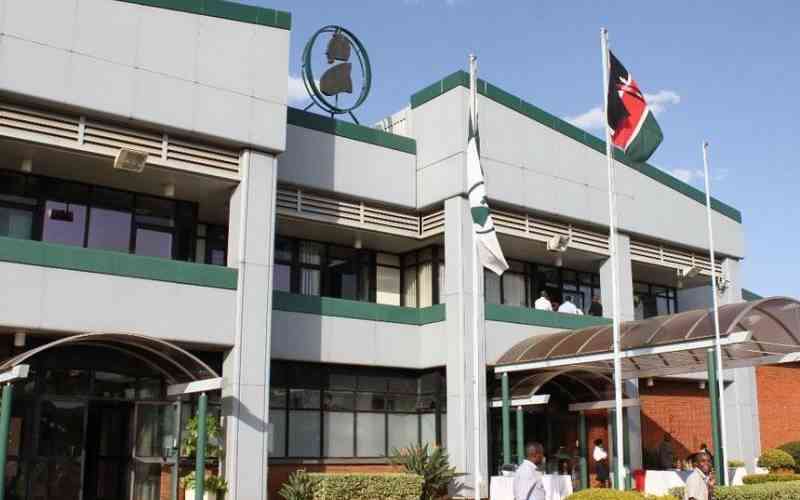
On October 9th 2002, the chairperson of the Law Society of Kenya Raychelle Omamo led the first nationwide courts boycott by advocates. The advocates, then numbering about 3,000, in a protest dubbed the “Yellow Ribbon campaign” were protesting an attempt by judges, through proxy litigation, to stop the proposed vetting of judges.
Kenyans generally, and lawyers in particular, had become fed up not just by judicial corruption, but by the role the Judiciary had played in subjugation of human and civil rights in the 80s and 90s. They wanted the Judiciary weeded of its seedier members in what members believed was a new Kenya. What angered the lawyers the most was the attempt by judges to sit in judgement in a matter of public interest in which they were direct beneficiaries.
As an interesting aside, Raychelle was to eventually end up a Cabinet Minister in the post 2013 Jubilee Judiciary bashing government! Such is life. These later engagements do not negate her tremendous leadership role in those hope filled days. Eventually the public interest won, and the 2010 constitution heralded substantial reforms in the judiciary with many judges facing the sack or choosing to retire than be subjected to the vetting process.
In an incident that deals with a different subject but raises similar issues, the Salaries and Remuneration Commission (SRC) in 2021, in exercise of its powers under Article 230 of the constitution, revoked the grant of car allowances for judges which had been approved by the Head of the Public Service, in what the SRC believed was usurpation of its constitutional powers.
Litigation was then commenced by a public-spirited citizen and the courts annulled the Commission’s decision and required the National Treasury to immediately process the said allowances. Since the matter is still in court, I shall not comment further. I will write a comprehensive commentary once the litigation is over.
Suffice to say that this is another instance when judges have been asked to rule on issues that have a direct influence on their welfare. I remembered these two events this week when a public-spirited Pariken ole Esho filed a petition in the High Court in Narok challenging the ongoing proceedings against Supreme Court judges instigated by former LSK Supremo Nelson Havi.
In his petition, Ole Esho sought to injunct the ongoing proceedings until the Judicial Service Commission (JSC) had promulgated “clear procedural rules consistent with constitutional principles and the rule of law for handling complaints against judges..”
Again, the matter is live so we cannot litigate the merits here. Suffice to say that the JSC has been processing complaints against judicial officers, including against two Supreme Court justices, since 2010. These cases however raise serious questions about the role that judges should play in cases when their collective interests are at stake.
While one cannot be overly prescriptive, surely the principles of natural justice, particularly the rule against one being a judge in their own cause, should be a serious consideration?
Should judges recuse themselves in such circumstances and allow other processes to follow, including court-mandated alternative dispute resolution in appropriate cases?
I raise this issue because if there is anything that frustrates the public, even those like me who instinctively support the Judiciary against unwarranted attacks, is the perception that the judges, like the monkey that sits in judgement over matters of the forest, are subverting the cause of justice for their benefit.
My counsel to judicial officers is that such only leads to short-term wins but a loss in the long-term. Public confidence is essential to the long-term survival of the Judiciary as an institution.
If the public feels the Judiciary is misusing the tools it has been afforded by the Constitution for the protection of the public for its benefit, it is only a matter of time before similar clauses to Section 23 of the 6th schedule to the 2010 Constitution, which stripped judges of granted powers and disallowed judicial challenge, appear again.
This is a slippery slope. I pray that wisdom will prevail and that judges will allow processes against them to continue especially where there are due process protections as exists in the disciplinary processes.
Stay informed. Subscribe to our newsletter
-The writer is an advocate of the High Court







